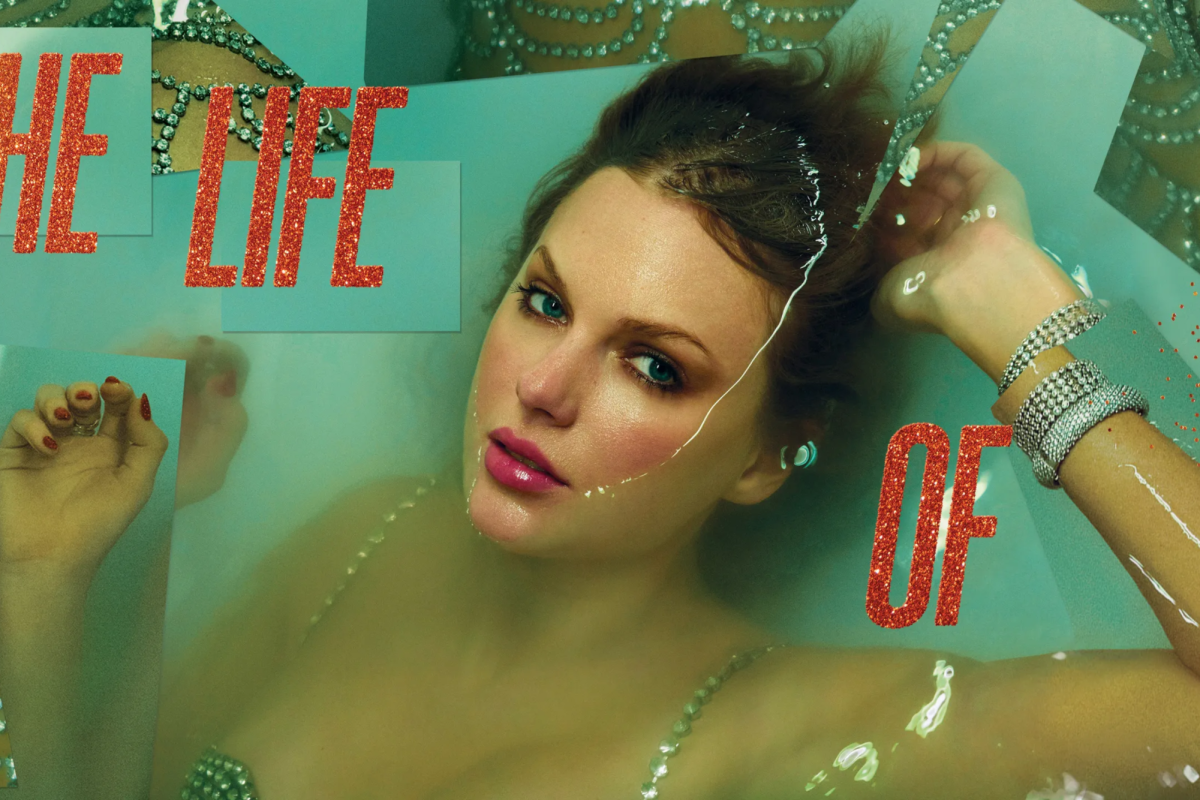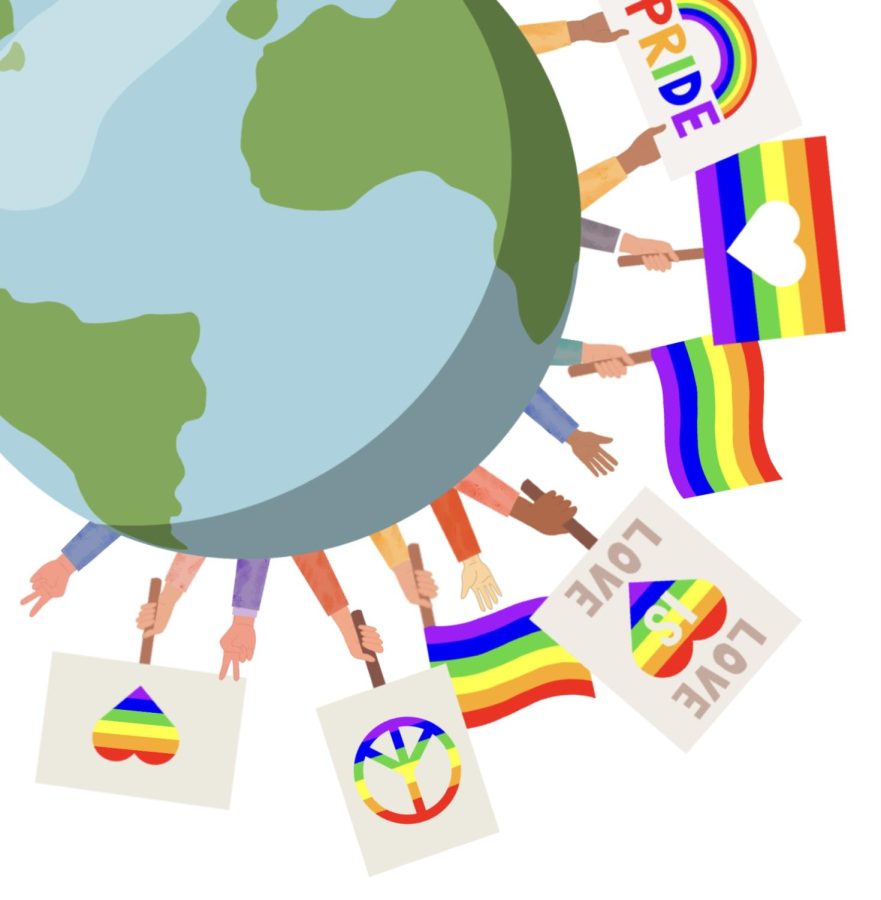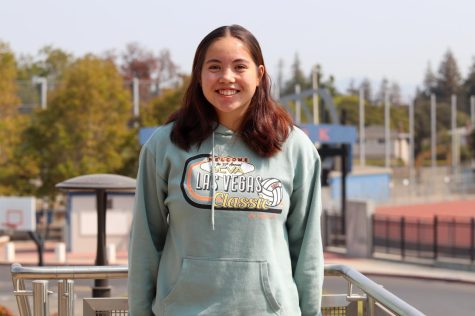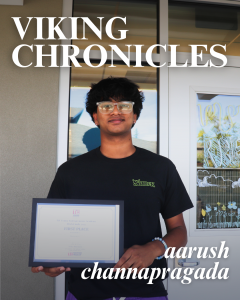Homophobia prevalent in immigrant communities
Graphic illustration by Crystal Qian
The Bay Area is less accepting of the LGBTQ+ community than it appears, with a large Asian American immigrant community that perpetuates homophobia based in cultural tradition.
February 1, 2022
California is the face of progressive legislation and leads the national fight for LGBTQ+ rights. Yet the heart of the state, the Bay Area, is less accepting of the LGBTQ+ community than it appears, with a large Asian American immigrant community that perpetuates both subtle and overt forms of homophobia based in cultural tradition.
As a result, affected teenagers struggle to discover and embrace their identities, which negatively impacts their mental health. In fact, LGBTQ+ Asians are three times more likely to commit suicide than their heterosexual peers, according to the Trevor Project, an organization committed to saving young LGBTQ+ lives. In order to provide a supportive environment for all Asian American youth, we must acknowledge and correct our internalized homophobia.
Eastern countries often perceive homosexuality as a western concept. Several Asian languages lack respectful LGBTQ+ terms, which makes their coming out journey more strenuous and uncomfortable than non-Asian peers’. Beyond being foreign or unfamiliar, homosexuality is publicly denounced or criminalized in many immigrants’ home countries. For example, same-sex marriage is illegal in China and India. Gay sex is outlawed in Singapore, with an appeal to the law being denied just last year.
Even when immigrant parents truly intend to accept their children, they may fall victim to another form of homophobia: denial, out of instinctual fear of systemic and personal discrimination against their kids.
“Some parents are scared that conversations about sexuality will turn make their kids more likely to be gay, so instead, they shelter their children and force them into a very heteronormative mindset,” senior Suanna Zhong said. “Without that exposure, kids blindly live by their parents’ traditional values, perpetuating a cycle of homophobia.”
However, many of these cultural values did not exist before Asia was introduced to western influences. In ancient times, homosexuality was acceptable, if not sacred. Some Chinese leaders, particularly those of the Han dynasty, identified as homosexual or bisexual, and numerous Indian deities were gender-fluid or transgender. It was not until eastern countries experienced western influences that homosexuality became taboo. With homophobia now deeply ingrained in several eastern cultures, we must reaffirm their initial values of acceptance for future generations.
Sex, sexuality and romantic relationships are rarely discussed in many Asian households, leading to children feeling ashamed for questioning their sexuality. Mental health is also off-limits in this regard, so countless Asian-American LGBTQ+ teens do not receive therapy that could aid them in discovering clarity and self-acceptance. In this stifling environment, teens experience extreme isolation and are driven to suppress their emotions.
Western culture encourages speaking up, loving oneself and pursuing individuality, but Asian culture emphasizes following the norm and serving one’s family. Many immigrant parents dream of putting down roots in the U.S., which traditionally includes a healthy and extensive family line. They want their sacrifices to amount to successful children and grandchildren, which many misguidedly believe cannot be achieved through same-sex or transgender relationships.
While most of their homophobic tendencies were instilled in them by previous generations, immigrants and their children carry the responsibility of dismantling the stigma and carrying out our country’s core values of freedom and expression.
“Lynbrook is an incredibly diverse school, so there are many people whose parents have immigrated here to start a better life,” Gender Sexuality Alliance Vice President Neha Krishnan said. “Although this is amazing, it also means we brought over some of the inherently homophobic cultural values from before, and we need to address them.”
Krishnan is Asian American, identifies as lesbian and goes by all pronouns. Coming out to her parents was a difficult decision for her, but Krishnan has no regrets, as it was taking a toll on her mental health. Although her parents were initially unaccustomed to the LGBTQ+ community, they have made it clear that they will love and support her no matter what.
We must recognize that homophobia is not a removed issue. It takes different forms among the Asian American immigrant community but is present even in outwardly progressive communities like the Bay Area.
“There is definitely homophobia at Lynbrook, but it’s hard to pinpoint because of how normalized it is,” Krishnan said. “It’s also difficult because it can look so different from what we see in the media. People don’t mean to be directly homophobic, but lack of education and the culture of just ignoring homophobia can make it seem that way.”
To lead the fight for LGBTQ+ rights, we must practice what we preach by educating ourselves, holding each other accountable and reflecting on our actions in the Bay Area. Clubs like GSA meet regularly as a safe space to raise positive awareness for LGBTQ+ issues on campus.
“In closed-minded environments, you never get to explore your sexuality, which is kind of scary, but also really fun,” Zhong said. “It was a big part of my own teenage experience.”






































































Axel Humbert • Jun 19, 2022 at 5:01 am
“It was not until eastern countries experienced western influences that homosexuality became taboo.”
Quit a leap here